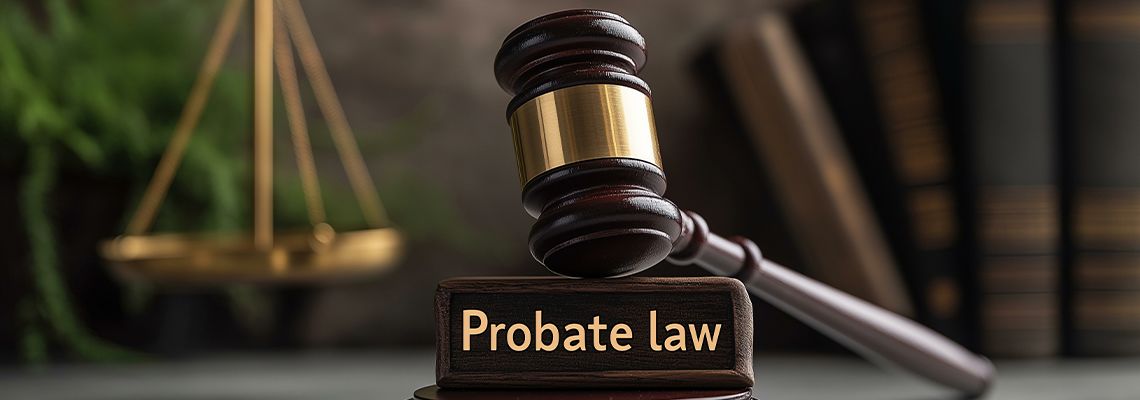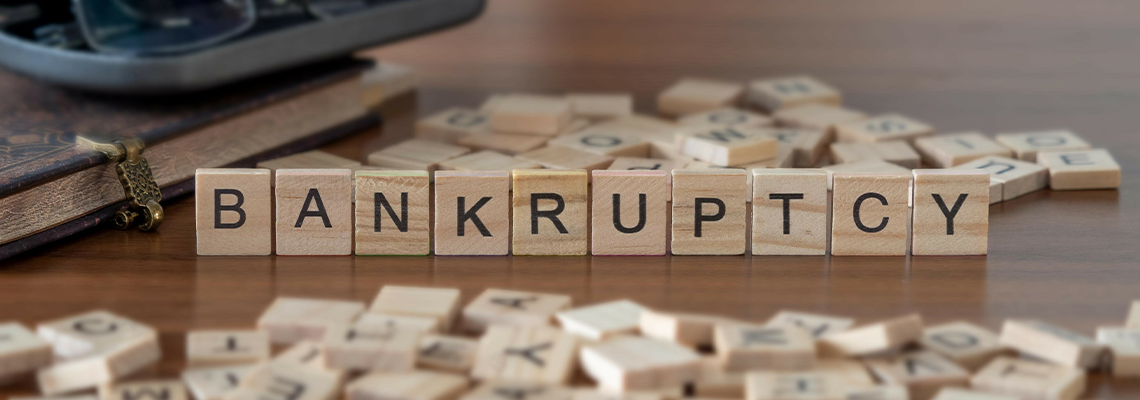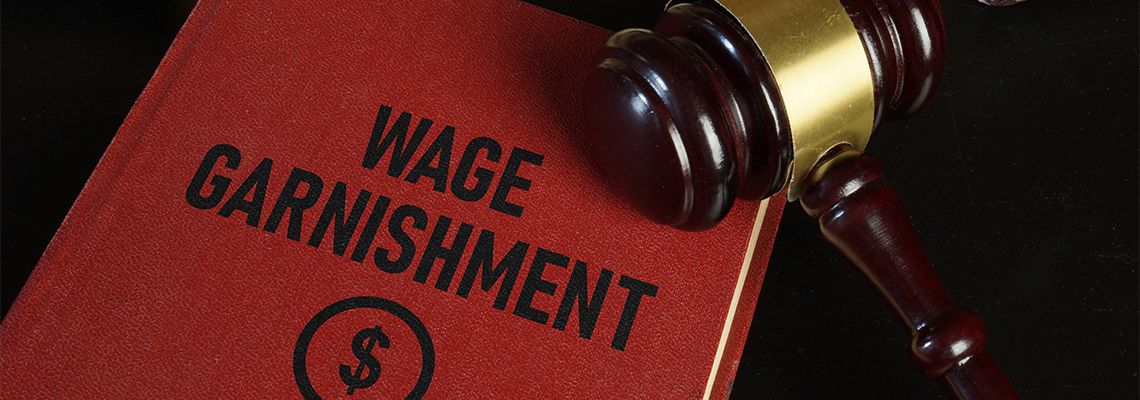Law Office of Robert L. Firth
What Happens if You Die Without a Will in California?
When someone passes away without a will in California, their estate will be distributed according to the state's intestacy laws. This process can often lead to unintended consequences, creating a complicated situation for the surviving family members. Without proper planning, your loved ones may face confusion, disputes, and even financial hardship.










